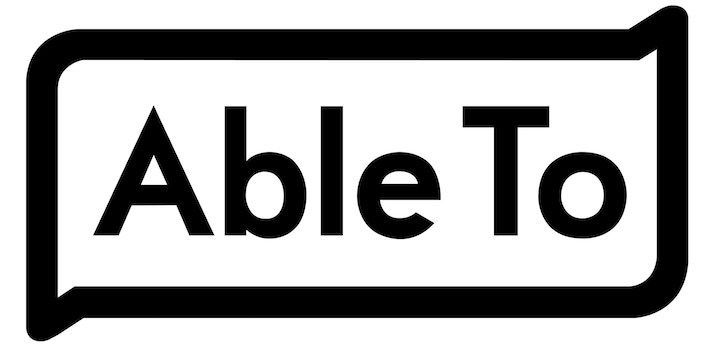Remote Mental Health Innovator AbleTo Names New Chairman
How he hopes to further the growing telehealth company.

A practiced healthcare, technology, and business veteran is set to helm AbleTo’s board, according to an announcement today from the remote mental health services start-up.
James P. Bradley, MBA, will serve as chairman of the board, helping the company as it strives to continue its ascent in the fast-moving telehealth sphere. With a wealth of experience, he told Healthcare Analytics News™ that he aims to create the sort of long-term value that will benefit AbleTo’s senior management, investors, customers, and the patients who receive remote behavioral healthcare through the business.
“Telehealth in mental health is absolutely innovative,” Bradley said of AbleTo’s mission. “I don’t do this for the money. I do this because I like to work on incredibly interesting projects with incredibly smart people.”
The new chair brings years of experience in healthcare and beyond, having served as the chief information officer of UnitedHealthcare and chairman of the National Committee for Quality Assurance, according to the announcement. But his background extends farther, to Pfizer, managed healthcare plans, Abaton.com (which he founded), RxHub, and more. He chairs the boards of health start-ups NovuHealth and Apixio. Bradley has also spent time on the Hill, lobbying for the inclusion of electronic prescription language into Medicare Part D legislation.
His business acumen and knowledge of the industry impressed AbleTo, which has been treating patients for 6 years and is fresh off a $36.6 million Series D funding round led by Bain Capital Ventures and Aetna.
“Jim is well-known for joining transformative companies and helping them solve big problems,” said AbleTo’s CEO and president, Rob Rebak, noting that 40 million Americans are facing unmet behavioral health needs. “Health information technology is a fundamental part of scaling our solution, and Jim’s leadership and experience in this area will help to accelerate our growth.”
Bradley touted the company’s “substantial revenue growth” in 2017 as a sign of good things to come. One of its largest customers, Aetna, contributed to that success and also invested in the up-and-comer. AbleTo needs more relationships like that one, he said.
The company also expects to continue using data to refine how it identifies and engages patients who might benefit from AbleTo’s offerings. Mixed with a larger client base, in-house innovations around analytics and patient engagement stand to benefit the company, he said.
“It’s still a young company,” Bradley said. “There is still a lot of growing to do, but we need a lot more Aetnas and Horizons to be a great company.”
The health-tech expert said he has not seen any “landmines” that could threaten AbleTo and its goals. He plans to continue getting to know the company, employing good governance models and pinpointing areas ripe for creating value. The hope: As AbleTo evolves, its equity and reach expands—and it becomes a consolidator, rather than one of the many consolidated companies in healthcare.
“Mental health is a big, big problem, and this is an innovative way of tackling it,” he added.